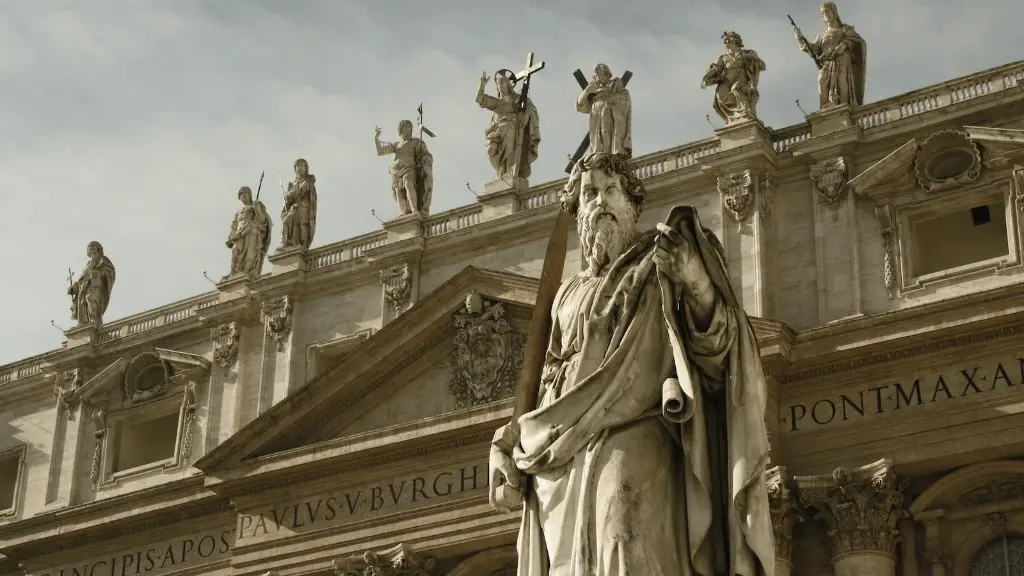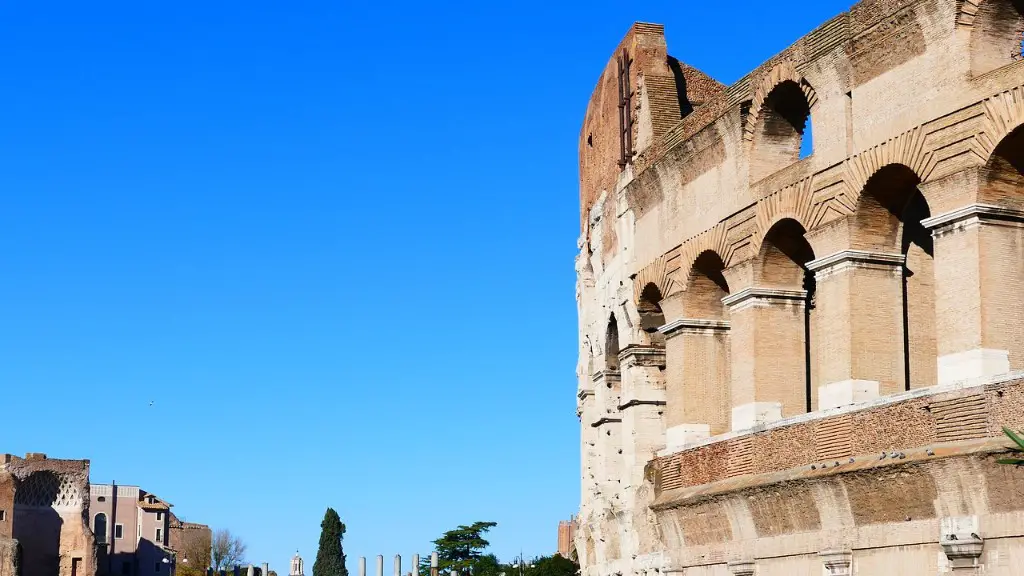The Roman Republic
Before the reign of Julius Caesar, Ancient Rome was governed by the Roman Republic. This political system was in place from 510 BC until the year of Caesar’s passing in 44 BC and during this time Rome was governed by two consuls who were elected by the Roman people. These two men had remarkable powers, they were even granted the right to veto each other. Furthermore, the two consuls were advised by the Senate, Rome’s main political body. The Senate was a gathering of 300 distinguished men who were suggested by the Patrician class, and later chosen by the Roman people.
The Republic was filled with complex hierarchies which catered to the upper classes and kept them in power. Rome was also built upon a ‘clientilism’ system where the Patrician class relied on the lower classes for their political power. This system was used by the Roman elite to purchase political support and control the masses.
The Roman Republic was often divided by civil wars, with many influential families vying for control over the Senate and its institutions. These civil wars slowly weakened the Republic, as the upper classes slowly lost their power and authority to decide over the fate of Rome. This power no longer belonged in the hands of the Roman people but instead was slowly being manipulated by powerful Roman families.
The Rise of Julius Caesar
The rise of Julius Caesar marked a distinct transition in Ancient Rome’s power hierarchy. Caesar was an incredibly ambitious and influential figure who slowly rose to power with the support of the Roman people. Caesar was able to gain a considerable amount of power and authority by leading successful military campaigns, many of which reigned in important victories for Rome. His leadership capabilities and impressive military victories rapidly made him a favourite amongst the Roman people, and soon enough he was named the dictator for life of the Roman Republic.
In Caesar’s time Rome gained extended power over the Mediterranean and much of Europe as a result of Caesar’s military accomplishments. He also reframed many of the societal dynamics and ancient laws during his time. Caesar was incredibly influential in Roman society, as he was easily able to manipulate the Senate and its activities. His powerful representation of Rome and law reform allowed the fall of the Republic and the rise of the Empire.
Now in total political command, Julius Caesar was the sole ruler of Rome for the brief remainder of his life. His reforms ultimately led to a decline in the Senate’s power and the eventual fall of the Republic, as Rome became a monarchy under his rule. After Julius’ assassination in 44 BC, Caesar’s grand-nephew and adoptive son, Octavian, became the sole ruler of Rome eventually being named Augustus Caesar.
Augustus Caesar
Augustus Caesar was the first emperor of the Roman Empire. His main objective was to restore order and stability to the government. Augustus implemented wide-reaching reforms to the political structure of Rome, and eventually appointed himself as the sole ruler. The Senate and its institutions were stripped of their traditional powers, and Augustus was instead given the power to enact law and enact important decisions without consulting the Senate.
This shift towards a monarchy meant that the emperor had the ability to appoint and dismiss magistrates as they saw fit, while also having the ability to choose their own personal advisors. Augustus also brought an end to internal conflict as Rome quickly began to expand its influence and power through military conquests. To ensure stability and strength, Augustus implemented a standing army system in order to ensure that Rome had a powerful military that was able to protect and defend the Empire.
Augustus saw the reorganization of Roman society and placed the Roman people at its heart. He enacted social and economic reforms which centered on increasing the quality of life for all Romans, as well as encouraging public health, education, and legal reforms. Augustus also reorganized the provinces of the Roman world to further promote efficiency, and improved the taxation system.
Effects of Augustus Caesar’s Rule
Under Augustus Caesar’s rule, the Roman Empire reached its peak of power and stability. Augustus was a progressive ruler who pushed the boundaries of Roman society and strived to improve the quality of life for all its citizens. His work allowed Rome to become an expansive and powerful empire which dominated much of the known world.
The rule of Augustus allowed for the peaceful transition from the Republic to Empire and provided the people of Rome with a sense of national identity, something which had been lacking since the fall of the Republic. Additionally, Augustus’ presence in the Senate allowed for new laws and reforms to be implemented which often had positive effects on Roman society.
Despite the positive effects of Augustus’ rule, his presence was not without criticism as some feared that Rome was slipping further away from its original roots. Augustus’ power gave rise to a new imperial system which focused on the expansion of Rome’s political and military power, whilst also manipulating the minds of citizens in order to keep them loyal.
The Fall of the Empire
The Roman Empire did not end with the passing of Augustus Caesar. It would last for several centuries and over time its power decreased. Throughout its existence, Rome was often challenged by internal chaos and vicious wars which weakened its political power and ultimately led to its downfall.
The Roman Empire also faced several cultural shifts over time, as other religions and governments began to influence its citizens and their views on Rome’s imperial power changed. By 476 AD, the Emperor Romulus Augustulus was overthrown and the Roman Empire officially came to an end.
Conclusion of Julius Caesar’s Reign
Julius Caesar was influential in Rome’s shift towards a monarchy which allowed for the rise of the Roman Empire. He used his immense power and authority to shape Roman society and while some of his reforms had positive effects, others were met with criticism as they led to a decline in the Senate’s power and the eventual fall of the Republic. After his death Augustus Caesar took control of the empire and used his authority to enhance the stability, power, and legacy of Rome.



